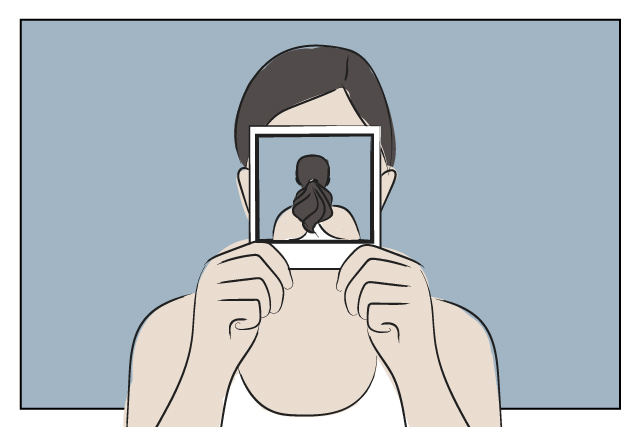
Have you ever felt like a fraud? Like somehow, despite your accomplishments, you think you are substandard and people are going to find you out? Well, what you have is called impostor syndrome and you’re not alone. According to Fast Company, this psychological phenomenon “reflects a belief that you’re an inadequate and incompetent failure, despite evidence that indicated you’re skilled and quite successful.”
Regardless of the success you have, this syndrome can prevent you from believing in yourself and acknowledging the talents that you do have. The Guardian points out that human evolution plays a role in this. “Survival of the fittest means all humans live with degrees of anxiety—including the kind that can cause impostor syndrome.” However, we can slowly overcome it.
Depending on your habits and patterns, you can fall under one of five different competence types from the perfectionist to the expert. This is based on a chapter from The Secret Thoughts of Successful Women: Why Capable People Suffer from Impostor Syndrome and How to Thrive in Spite of It by Valerie Young. Here, she discusses the “The Competence Rulebook for Mere Mortals,” listed below.
The Perfectionist

The perfectionist is someone who has high goals for themselves. If they don’t reach them, they automatically feel like a complete failure, which may not be the case.Perfectionists will always feel like they could’ve done better despite their success. It is best to mark your achievements and learn from your mistakes.
The Super Woman/Man
If you’re addicted to work and the validation that comes with it, you fall under this type. You take on more work and “find downtime completely wasteful.” Learn not to take constructive criticism personally. “No one should have more power to make you feel good about yourself than you,” so become more aware of internal validation.
The Natural Genius
Natural geniuses build their success on what they can do and not how much effort they exert. “In other words, if they have to work hard at something, they assume they must be bad at it.” One way to overcome this type of impostor syndrome is to take everything as a process and change behaviors you can to improve.
The Rugged Individualist
Do you think you can do everything on your own without anyone’s help? You fall under this type. Being independent isn’t a bad thing but know when you should ask for or accept assistance from others.
The Expert
If you feel inexperienced at work despite having success, you’re considered the expert. There’s nothing wrong with wanting to learn more but know when you think you deserve to be promoted or apply for a new job position.
Art by Lara Intong
Follow Preen on Facebook, Instagram, Twitter, Snapchat, and Viber
Related stories:
Stop Festive FOMO by Taking a Social Media Break
What to Choose When You Have Too Many Choices?
What I learned After Talking to People Living with HIV
Why Making a List and Checking It Twice Applies to Your Gift-Giving


